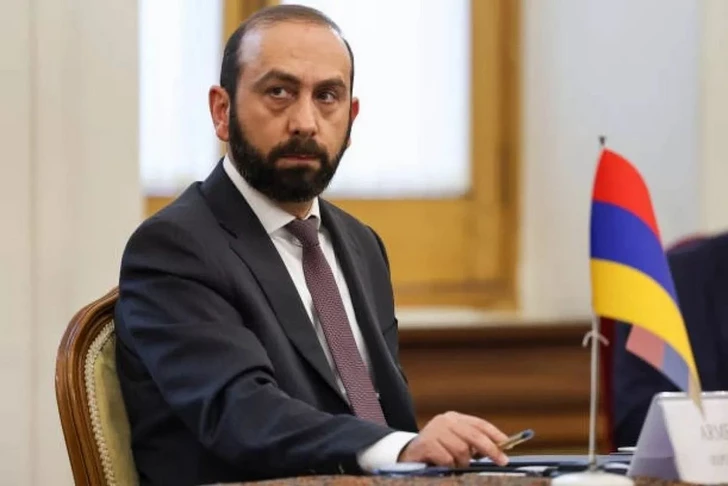YEREVAN, September 11
Armenian Foreign Minister Ararat Mirzoyan called the recent paraphing of a peace treaty between Yerevan and Baku an important milestone, but stressed that the process is far from complete.
“Peace has been established, one could say, but we are still at the beginning of the path,” Mirzoyan told lawmakers, according to Armenian media.
Stay Ahead with Azerbaijan.usGet exclusive translations, top stories, and analysis — straight to your inbox.
He described peace as “a long process” requiring caution and attention to every word exchanged between the sides.
While noting that the risk of renewed fighting has dropped to “close to zero,” Mirzoyan admitted that many disputes remain unresolved even if the treaty is formally signed in the near future.
The minister also confirmed that Armenia is holding discussions with the United States on infrastructure development, including potential railway projects.
“Talks are ongoing with our American partners on joint railway and other infrastructure initiatives,” he said.
Mirzoyan’s remarks highlight a recurring ambiguity in Yerevan’s position: on one hand acknowledging that peace has been established, while on the other insisting that a host of problems remain. Analysts in Baku point out that such mixed signals reflect a deeper hesitation inside the Armenian leadership, which continues to rely heavily on outside actors – Washington, Brussels, even Paris – to offset concessions it has already accepted on paper.
For Azerbaijan, the peace treaty enshrines principles long recognized by the international community – sovereignty, territorial integrity, and the inviolability of borders.
Mirzoyan’s cautious tone, however, suggests that Yerevan is still struggling to reconcile its political messaging at home with the new regional reality.


